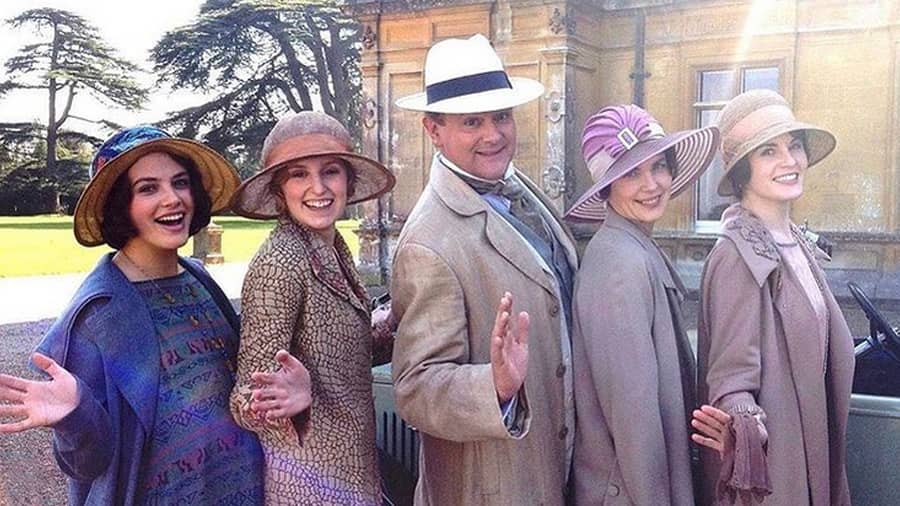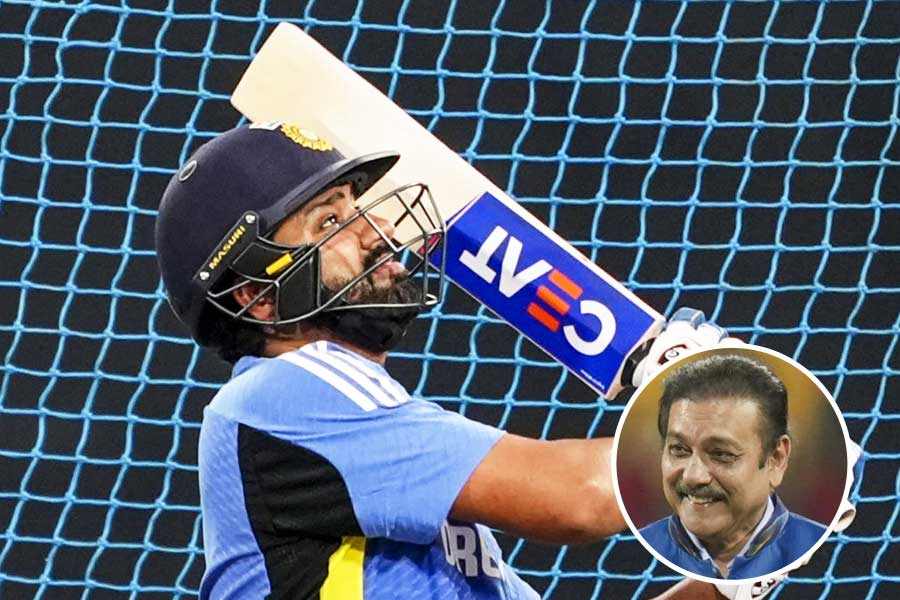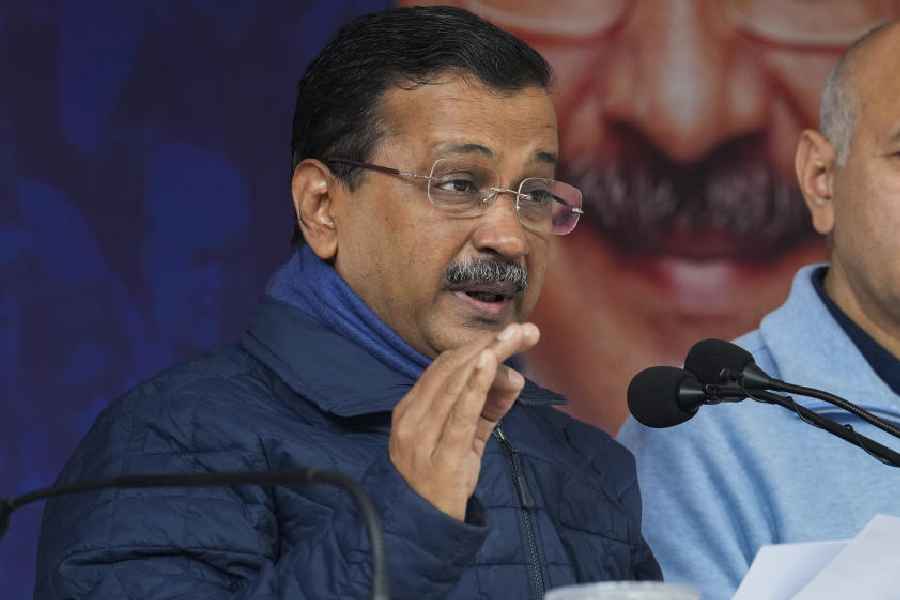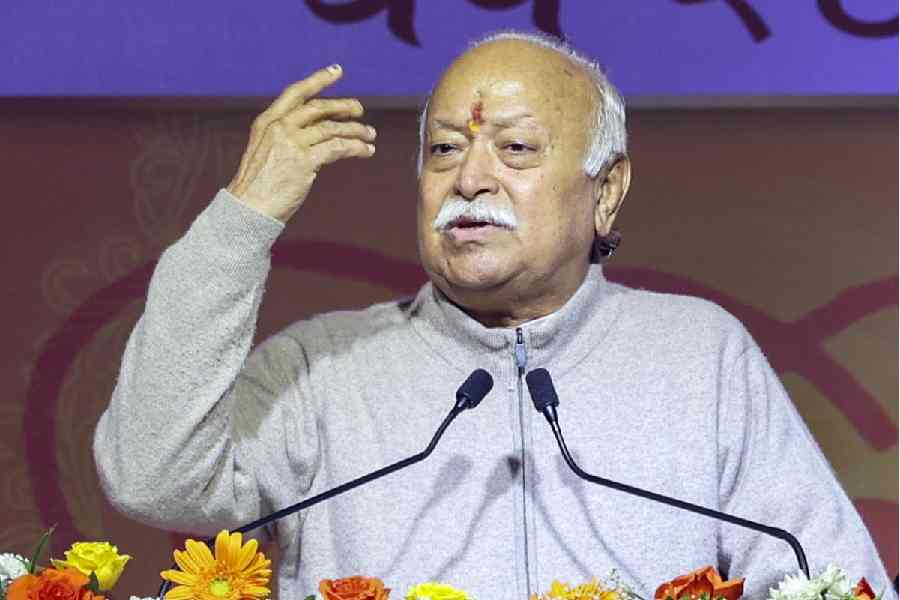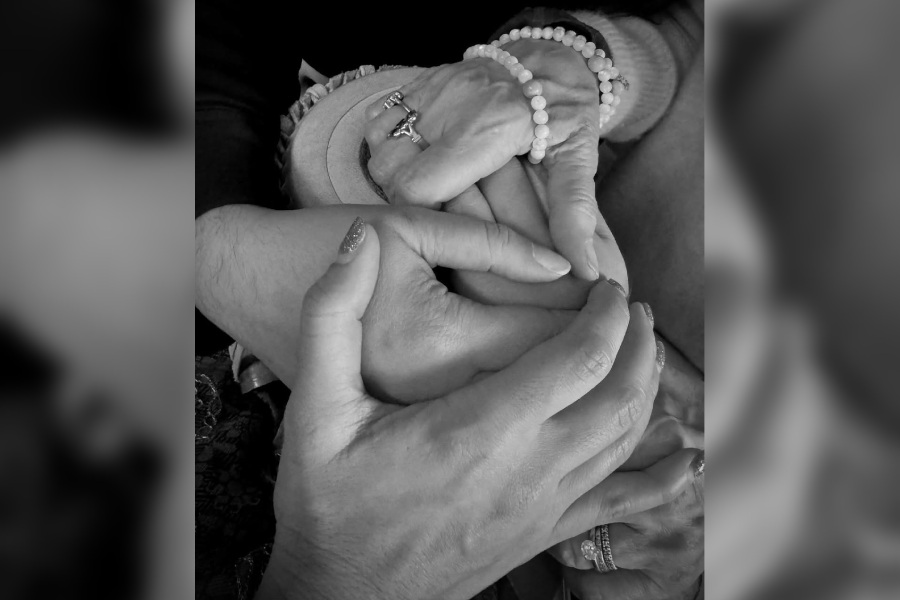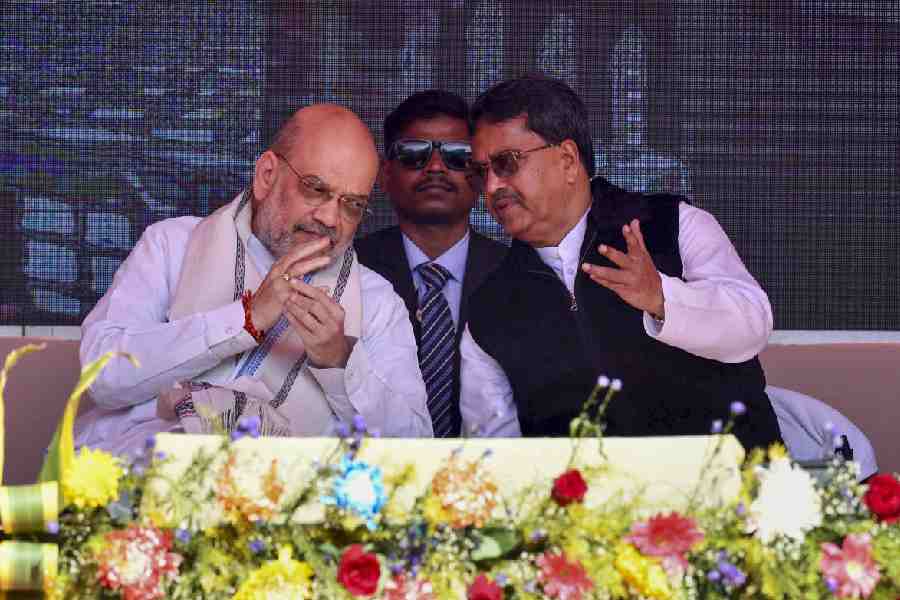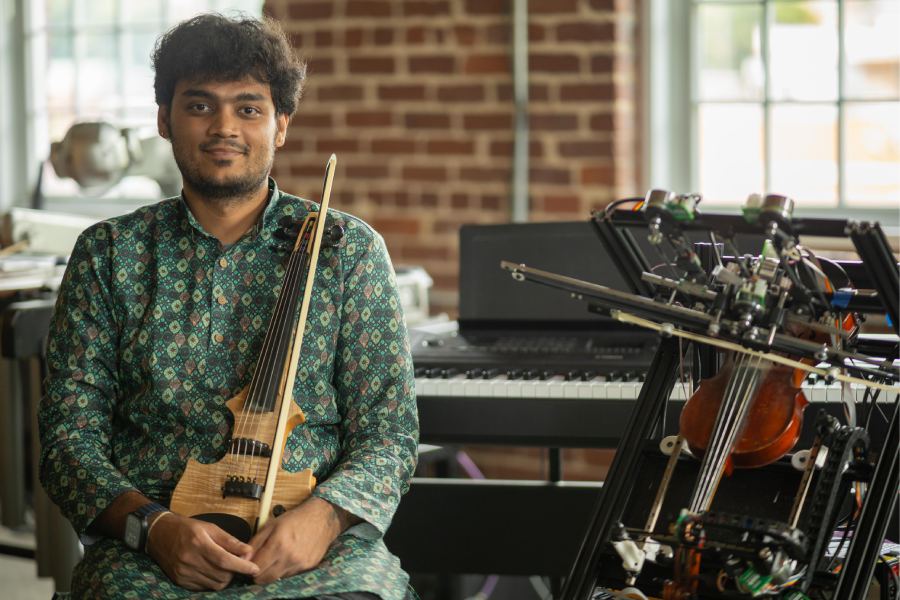Only die-hard Downton Abbey fans would understand the pleasure of going back to the first season on an overcast monsoon weekend, only a few weeks after the release of what is ostensibly the last movie, Downton Abbey: A New Era.
There’s a certain ambience to settling down with a blanket and a cuppa, as the familiar opening scene takes us from an English Labrador’s rump to a steady stream of British stiff upper lip. But one only realises just how full circle it all comes for the characters of this historical drama when one follows up the last movie with the very first season.
(Spoilers ahead)
With the Dowager taking her last bow, there’s a finality to Downton Abbey: A New Era. After all, Downton fans keep flocking round for Maggie Smith’s one-liners which, like William Tell’s arrow, always find their mark. “What is a weekend?” will crack us up no matter where we might be.
Through the series, Carson the butler and old Lady Grantham have taken umbrage at various modern inventions. Just when they’d gotten used to the convenience of electricity and the telephone, along comes talking cinema to disrupt the peace of the world.
At least at Downton, one can take solace in the fact that even while years are flying by on the wings of modernisation, some things will never change; Carson is as outraged at the prospect of Hollywood inside the manor house as he was at the idea of a maid being inside the dining room in the very first episode.
Barrow, Daisy, Molesley: The ones with the best character arcs
It is clear that the scriptwriters of Downton Abbey: A New Era are simply playing to an audience who are happy to be handed the good old Downton formula. Indeed, there would be no joy if Carson had got with the times and became cool and if the Dowager lost any of her sass. But of course most of the others have had compelling character arcs.
The first season of the show reminds us instantly how loathsome we found Thomas Barrow whose happiness is foremost on our wish list by the time Downton Abbey: A New Era rolls around. Barrow is the show’s only anti-hero and he redeems himself with his vulnerable side, faltering his way from being the impossible-to-like scheming footman of the first season to a chance at real happiness in the land of opportunities. At the end of Downton Abbey: A New Era, it seems Barrow will be whisked away by a knight in shining armour and a Yankee drawl and we’ve brought out our handkerchiefs to see him riding into the sunset.
A close second to Barrow’s character arc is Daisy’s. The too-shy-for-words scullery maid who was unable to either stand up to the cook, Mrs Patmore’s bullying or see how manipulative Barrow was, gets to have her moment in the sun. It truly is a new world, for we find her sitting down a high-handed actress and dishing out some home truths. Of course by this time, Daisy has already had some watershed moments where she gets to take school exams, form her own opinions and grow up from the young thing crushing on inappropriate men. In the movie, Daisy has become a woman of the word who has found someone far more immature to get her act together. In this case, literally.
Of course not everyone downstairs was given a compelling story. Molesley, who we meet in the first season as a butler at Crawley House, remains throughout a good-natured succumber-to-fate, much to our impatience. It’s not like Molesley to take any bull by the horns and either propose to a girl or take a risk for his career. Molesley takes what life hands him, so when he becomes a schoolteacher, we assume he’s reached the zenith of his success.
Downton Abbey: A New Era certainly changes that around! With silent cinema taking a beating from the talkies, it seems Molesley is far suited for a career in Hollywood than even the director struggling to keep up with the times, or the actors who don’t know if they’ll be any good now. Molesley knows how to weave a plot which will keep the audience on the edge of their seats and shows all the signs of becoming a successful scriptwriter. We have to agree that he has finally come a long way from having a “a very silly occupation for a grown man” as Matthew Crawley had once unkindly dismissed him.
Matthew Crawley: Some shoes can never be filled
Speaking of which, no character has been as relentlessly missed for his blue-eyed, square-shouldered truth-telling the way Matthew Crawley has been missed by Downton Abbey fans. And Lady Mary’s poise, personality and self-possession form a façade which leads one to forget just how unlucky she has been, in love.
With the stark inadequacy of her admirers and the absence of her mysteriously elusive, rakishly good-looking husband who seems to prefer racing cars to the company of wife, we miss Matthew more with every movie, forcing us to grapple with the idea that perhaps there really are no second chances at love.
Mary is the formidable captain of the ship now, a far cry from the fallen heiress of season one. Downton Abbey: A New Era reveals that she might have a chance at dubbing voices in Hollywood, but we know there’s no place in the world for her other than Downton Abbey. She didn’t even traipse off to France with her family to take a look at the villa in the South of France, bequeathed to her grandmother.
Upstairs-Downstairs
Downton Abbey has always been a clever satire — clever enough for many to assume that it is a show which glorifies the rigidity of the British class system. In reality, in its Wodehousian manner, the show and then the movies have managed to make a tongue-in-cheek mockery of what is commonly referred to these days as #richpeopleproblems while holding a mirror up to the trials of the working classes. And so, just as Season 1 ends in 1914 with the family flag flying high as war is announced, it is lowered to half mast in 1928 with the passing of Violet Crawley in Downton Abbey: A New Era. But while the dowager might be gone forever, Carson promises to be back to train the new butler, and so it seems that (nearly) all’s right with the world.

